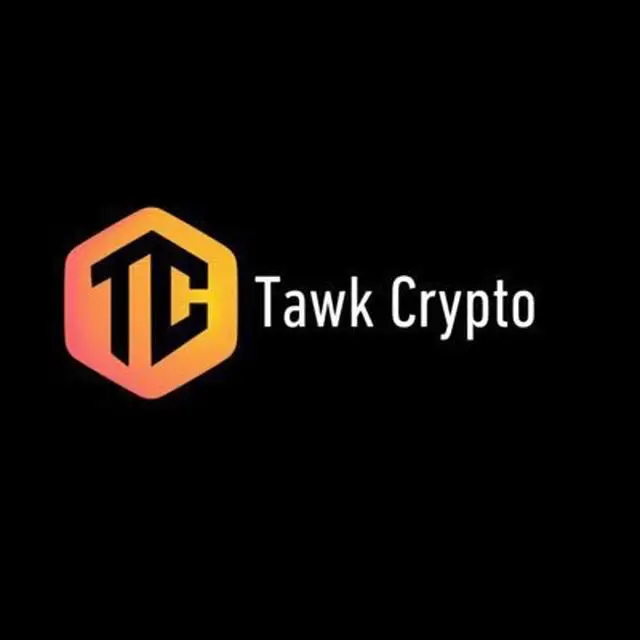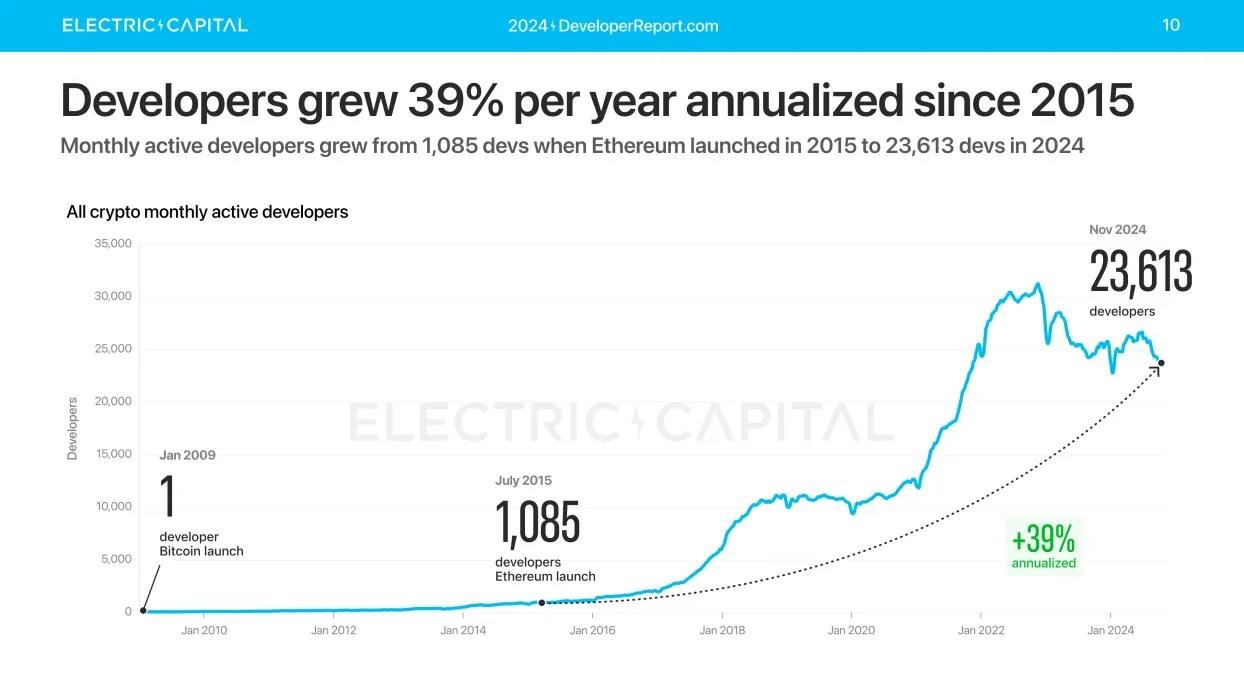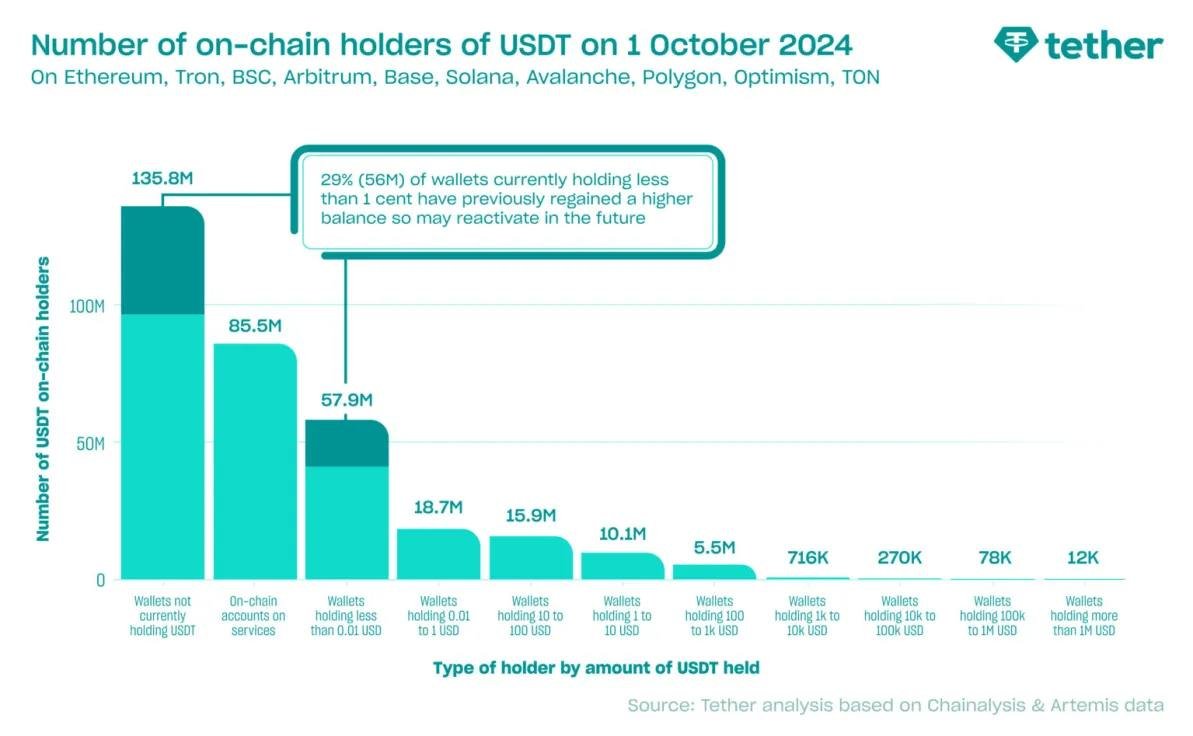

EFCC Nigeria Busts Crypto Fraud Syndicate in Lagos, Arrests 193 Foreign Nationals
The Economic and Financial Crimes Commission (EFCC) of Nigeria has arrested 193 foreign nationals in a major crackdown on a cybercrime and cryptocurrency fraud syndicate operating out of Lagos. The bust highlights ongoing efforts to combat organized fraud and illegal crypto schemes within the region.
The Operation: Luxury Call Center in Lagos
According to EFCC spokesperson Wilson Uwujaren, the operation took place on December 10, 2024, at the seven-story Big Leaf Building located in Lagos, Nigeria’s commercial hub. The arrested individuals include 148 Chinese nationals and 40 Filipinos, believed to be at the center of a large-scale online fraud operation targeting victims across America and Europe.
The luxury building reportedly housed a fully functional call center where fraudulent activities were carried out. Staff members engaged with victims via social media and messaging platforms such as WhatsApp, Instagram, and Telegram.
The syndicate’s tactics included:
- Online seduction schemes: Using fake profiles to manipulate victims emotionally.
- Investment fraud: Luring victims with false promises of lucrative cryptocurrency opportunities and fictitious projects.
Once victims were persuaded to trust the operators, they were coerced into transferring funds under the guise of crypto investments.
Nigerian Accomplices and Recruitment
The EFCC revealed that Nigerian accomplices were integral to the operation but worked under the foreign syndicate’s leadership. Their primary role was phishing for victims—identifying and initiating contact with targets using fake social media profiles.
“Nigerian accomplices were recruited by the foreign kingpins to prospect for victims online through phishing, targeting mostly Americans, Canadians, Mexicans, and several others from European countries,” Uwujaren said.
Once trust was established, the foreign operators would take over the actual defrauding process. Interestingly, the Nigerian recruits were not formally contracted or compensated through official means. Instead, payments were made in cash or via personal bank accounts, further obscuring the paper trail.
“These foreigners took advantage of Nigeria’s reputation as a center for online fraud to conceal their criminal operations,” Uwujaren added.
Not All Scams Originate from Nigerians
A key message from the EFCC was that not all scams linked to Nigeria are perpetrated by Nigerians. This high-profile bust exposes how international syndicates exploit Nigeria’s digital landscape to carry out global fraud operations.
Uwujaren emphasized the EFCC’s commitment to collaborating with international law enforcement partners to investigate possible links between this operation and organized crime networks abroad.
Seized Assets and Crackdown on Crypto Fraud
During the raid, EFCC operatives confiscated:
- Computers
- Mobile phones
- Vehicles
These items are expected to aid ongoing investigations and prosecution.
Stepping Up Law Enforcement on Crypto Crime
The EFCC has ramped up its enforcement efforts against illegal cryptocurrency operations in Nigeria. The rise of digital assets has, unfortunately, given cybercriminals an additional tool to defraud unsuspecting individuals globally.
The Lagos bust marks one of the largest operations of its kind, underscoring Nigeria’s resolve to clean up its digital space and combat financial crimes.






